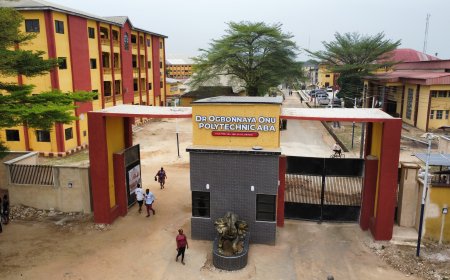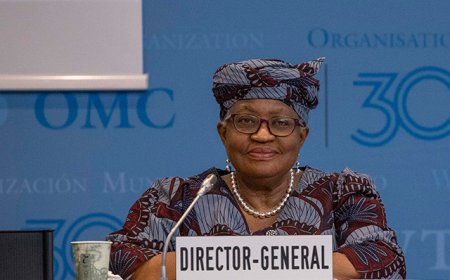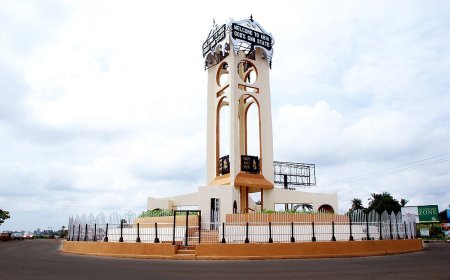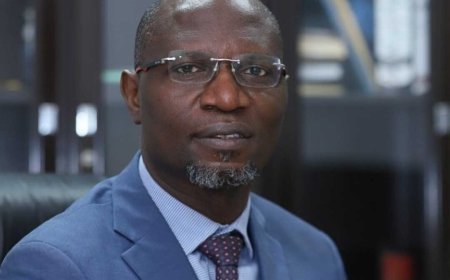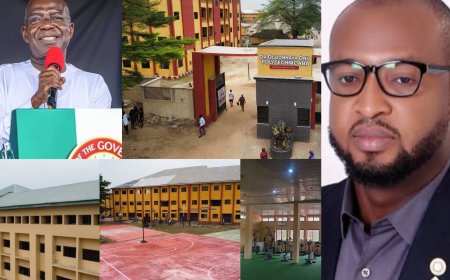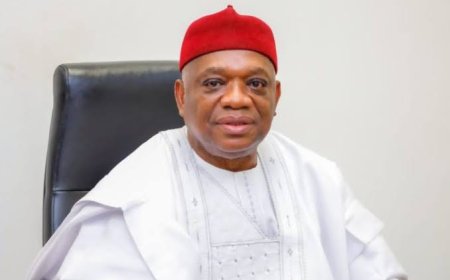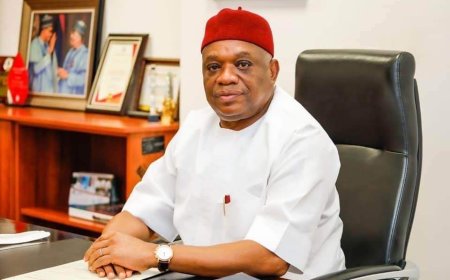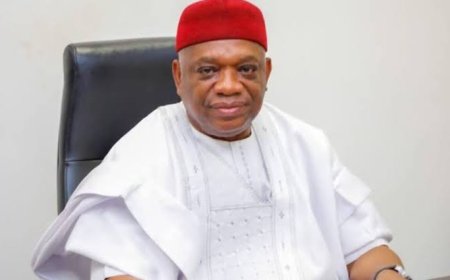Abia State House of Assembly Rejects Motion for New Development Areas, Cites Existing Authorities as Sufficient

The Abia State House of Assembly has voted to reject a motion calling for the creation of additional development areas in the state, emphasizing the sufficiency of current development frameworks already established by the government.
The motion, sponsored by Hon. Mandela Obasi, who represents Ohafia North State Constituency, was presented during the Assembly’s recent plenary session and titled “Motion for the Creation of Development Areas in Abia State.”

During a lengthy and spirited debate, lawmakers acknowledged the motive behind the proposal — to bring governance and development closer to the grassroots — but expressed reservations over its necessity. Several members cited the possibility of administrative redundancy, financial strain, and duplication of roles with existing institutions.
In its resolution, the House pointed to the functionality of already established development authorities, namely:
- Greater Aba Development Authority (GADA)
- Umuahia Capital Development Authority (UCDA)
- Greater Ohafia Development Authority (GODA)
-

These bodies, according to legislators, are strategically positioned to drive sustainable and balanced development across Abia’s three senatorial zones in conjunction with the 17 constitutionally recognized Local Government Areas (LGAs).
The Assembly concluded that the creation of new development areas at this time would not only be unnecessary, but could also hamper the ongoing work of the existing agencies. As such, the motion was not adopted.

However, the Speaker and other members advised Hon. Obasi to consider reintroducing the proposal as a full bill, rather than a motion. This, they noted, would allow for more thorough legislative scrutiny, stakeholder engagement, and potential amendment through public input as outlined under Section 45(2) of the Abia State House of Assembly Standing Orders.

This decision by the House reflects its commitment to structured governance, prudent resource management, and effective legislative procedure, while signaling openness to future reforms through established democratic processes.










